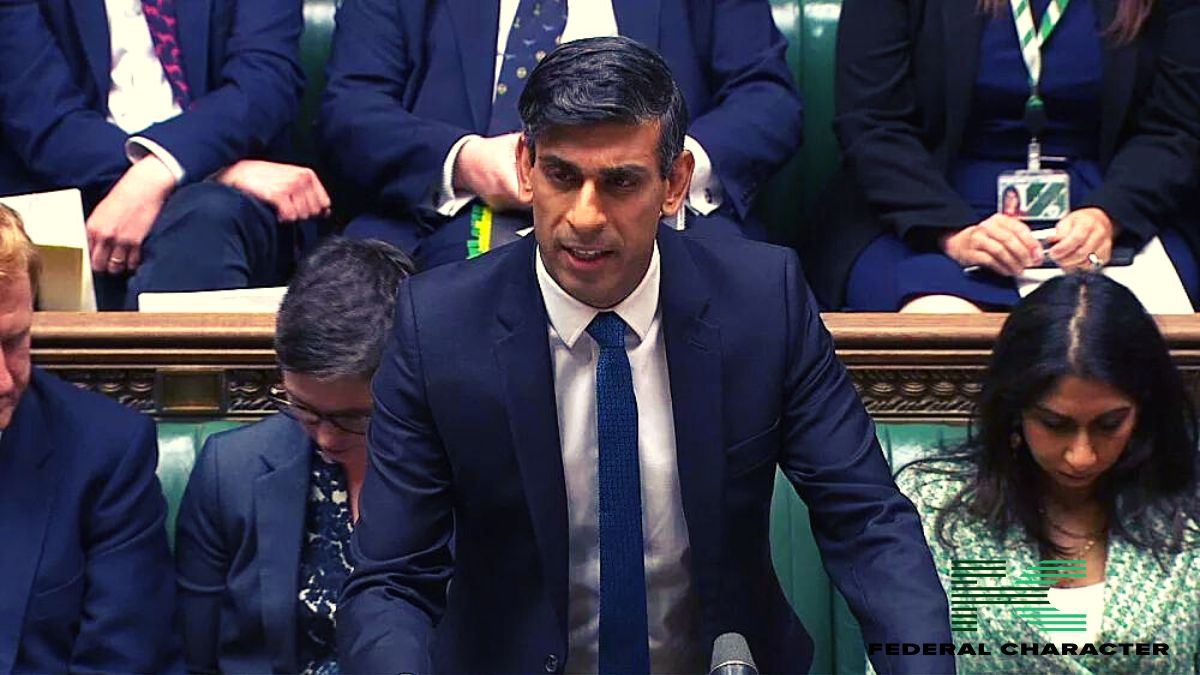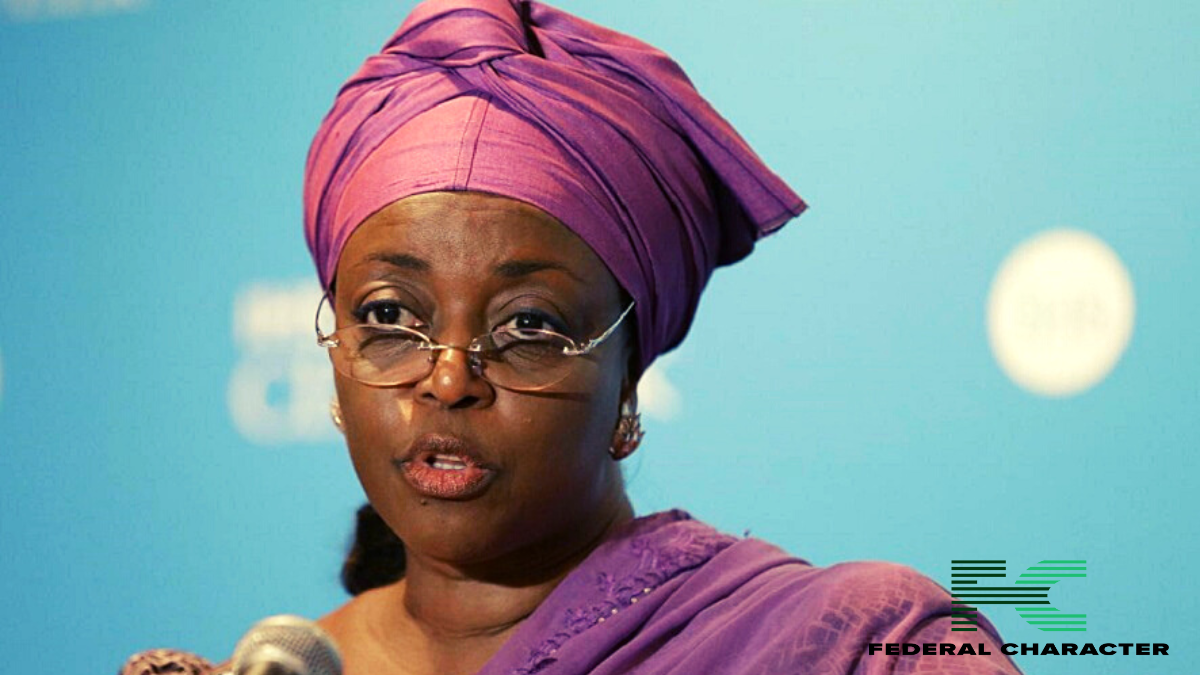So, Bill Gates, the American billionaire who clearly knows more about Nigeria’s economy than those running the country, has delivered yet another diagnosis. His verdict? Nigeria’s economy is stuck, The debt now exceeds 50% of the country’s GDP for the first time since 2001. That’s right, Nigeria is drowning in debt while its leaders continue to boast about economic growth. Let’s not forget that while the revenue-to-GDP ratio has supposedly improved, it’s still worse than it was 15 years ago.
Why It Matters
Gates went on to explain the obvious, Nigeria spends less on its people per capita than other African nations that are far less wealthy. Imagine that. A country blessed with enormous resources, spending peanuts on its own citizens while poorer nations manage to do better. But, of course, this isn’t new, right? He made these comments during the National Economic Council meeting, where Nigeria’s top guys gathered to listen, perhaps not with the intention to act.
After celebrating the so-called unification of the exchange rate as a great leap forward, Gates pointed out that the next big challenge is raising revenue. It’s funny how these “leaders” seem to always need foreign billionaires to remind them that money doesn’t grow on trees, and that maybe, just maybe, taxes should be collected and used wisely. But taxes? In a country where seeing any tangible benefit from government spending is like chasing after shadows? Good luck convincing Nigerians to happily hand over their hard-earned naira when they barely see any return on investment.
What They Are saying
“Taxes are never popular. That’s true in America too. But they’re part of a social compact. People are more likely to pay them when they see the government spending that money to give Nigerians a better life.
“That’s what I want to speak about today. Because there are so many Nigerian leaders committed to investing in your people. And so many promising solutions in the pipeline,” Gates said.

But Gates wasn’t done. He also brought up the country’s dismal healthcare system. Of course, he had to mention that without a decent healthcare infrastructure, there can be no opportunities. What a revelation! Nigeria spends a laughable 3,000 naira per person on primary healthcare annually.
That’s roughly $4—less than the cost of a fast-food meal. 70% of healthcare spending goes to secondary and tertiary care, leaving just 30% for primary care. And we wonder why millions of kids aren’t getting basic immunizations.
Speaking of children, Gates dropped another bombshell: 2.2 million Nigerian children haven’t received a single vaccine. So, while the rest of the world has managed to cut child mortality rates in half over two decades, Nigeria is busy making sure its children are at risk of preventable diseases.
Gates didn’t stop there, he took on malnutrition as well. Nearly half of all child deaths in Nigeria are linked to malnutrition. Children who survive are permanently stunted—physically and mentally. This is the reality of a country that boasts of being Africa’s giant. Yet somehow, despite all this, Gates managed to find a sliver of optimism. Nigeria is fortifying some staple foods, and if things go as planned, fortifying bouillon cubes might save 11,000 lives and prevent 16 million cases of anemia each year.
According to him, “Malnutrition is the root cause of nearly half of all child deaths. When children are malnourished, they’re more vulnerable to deadly diseases. Even the children who survive malnutrition never escape it.
“It stunts their brains and bodies in ways that can’t be reversed. And new data show that nearly one-third of Nigerian children suffer from stunting.”
To top it all off, Gates reflected on his bond with Nigeria. After two decades of visits, countless meetings with “innovators,” and over $2.8 billion invested through his foundation, Nigeria remains the Gates Foundation’s largest commitment in Africa. That’s quite the statement, especially for a country that can’t seem to get its act together despite such enormous support.
Bottom Line
So, here we are again, with another foreigner telling us how to fix our own problems. Should we listen this time, or will it be business as usual?

















